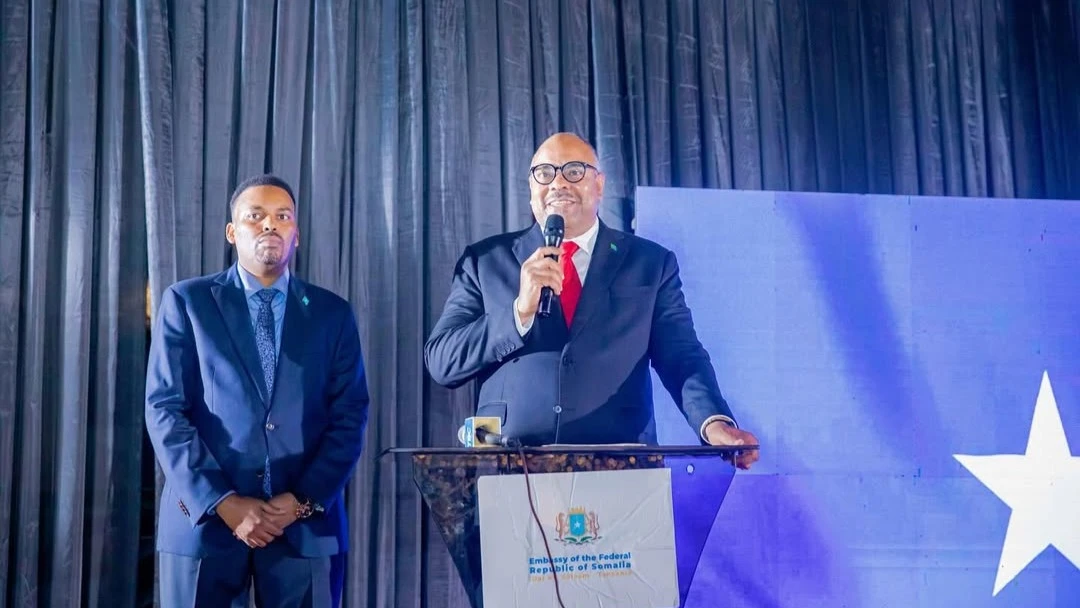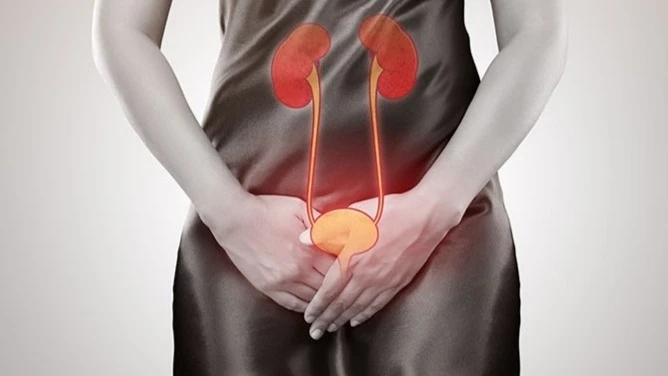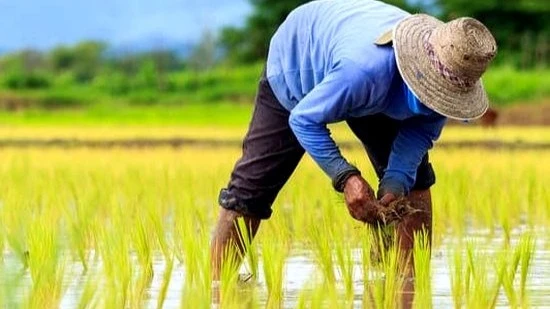Government targets revival of defunct factories to increase industrial growth

THE Ministry of Industry and Trade has pledged to identify and reclaim all defunct factories across Tanzania, many of which have fallen into disrepair or been converted into warehouses as part of a national effort to revitalise industrial infrastructure, attract new investors, and spur job creation.
Industry and Trade Minister Dr Selemani Jafo made the announcement yesterday during the second Industry and Trade Ministry conference organised by the Business Registration and Licensing Agency (BRELA).
Dr Jafo noted that many of the dormant factories were built during the era of Mwalimu Julius Nyerere and now require modernisation to meet current industrial and technological standards.
He revealed that implementation of this initiative has already begun in the Tanga Region.
“This effort will continue in other regions, including Morogoro,” said Dr Jafo, adding that the goal is to position Tanzania as a leading industrial and trade hub, while creating employment and fostering sustainable economic growth.
To support this initiative, the minister called on trade officers to establish regional databases of operational and defunct factories. Such data, he said, would support strategic planning and the development of targeted industrial growth policies.
Dr Jafo also underscored the importance of strengthening the structured warehouse receipt system—a model he described as one of the most successful mechanisms for improving trade practices in the country.
He highlighted a shift in Tanzania’s economic structure, noting that the country has historically relied on imported goods, including agricultural products.
However, with increased public and private investment—especially in agriculture—this trend is changing. The agriculture sector budget, he noted, rose from 294bn/- to 1.08trn/-, leading to higher productivity in key cash crops.
Dr Jafo said Tanzania now exports products such as rice to South Africa, contributing to increased national revenue.
He added that the country has developed a surplus of domestically produced goods, including reinforcement bars, cement, and other materials that were previously imported at high cost.
Tanzania’s trade and manufacturing sectors have seen respective growth rates of 4.8percent and 7.3percent, and the government aims to push both to 10percent as part of its strategy to transition the country to an upper-middle-income economy.
Also speaking at the conference, Deputy Permanent Secretary in the President’s Office – Regional Administration and Local Government (PO-RALG), Sospeter Ntwale, urged local leaders to take a proactive role in business supervision and support small-scale entrepreneurs by improving the business environment.
He called for visionary leadership and strategic planning at the grassroots level, aligning local priorities with the goals outlined in the newly launched government manifesto.
Morogoro Regional Administrative Secretary, Musa Ally Musa, emphasised the need for stronger collaboration between traders and farmers to harmonise efforts and boost production.
Morogoro Regional Commissioner, Adam Malima, called on the Ministry to designate Morogoro as a national hub for crop value addition, noting the region’s high production of both food and cash crops, including spices.
BRELA board chairperson, Prof. Neema Mori, urged entrepreneurs to work closely with BRELA and embrace its development slogans to enhance their business growth.
Top Headlines
© 2025 IPPMEDIA.COM. ALL RIGHTS RESERVED






















